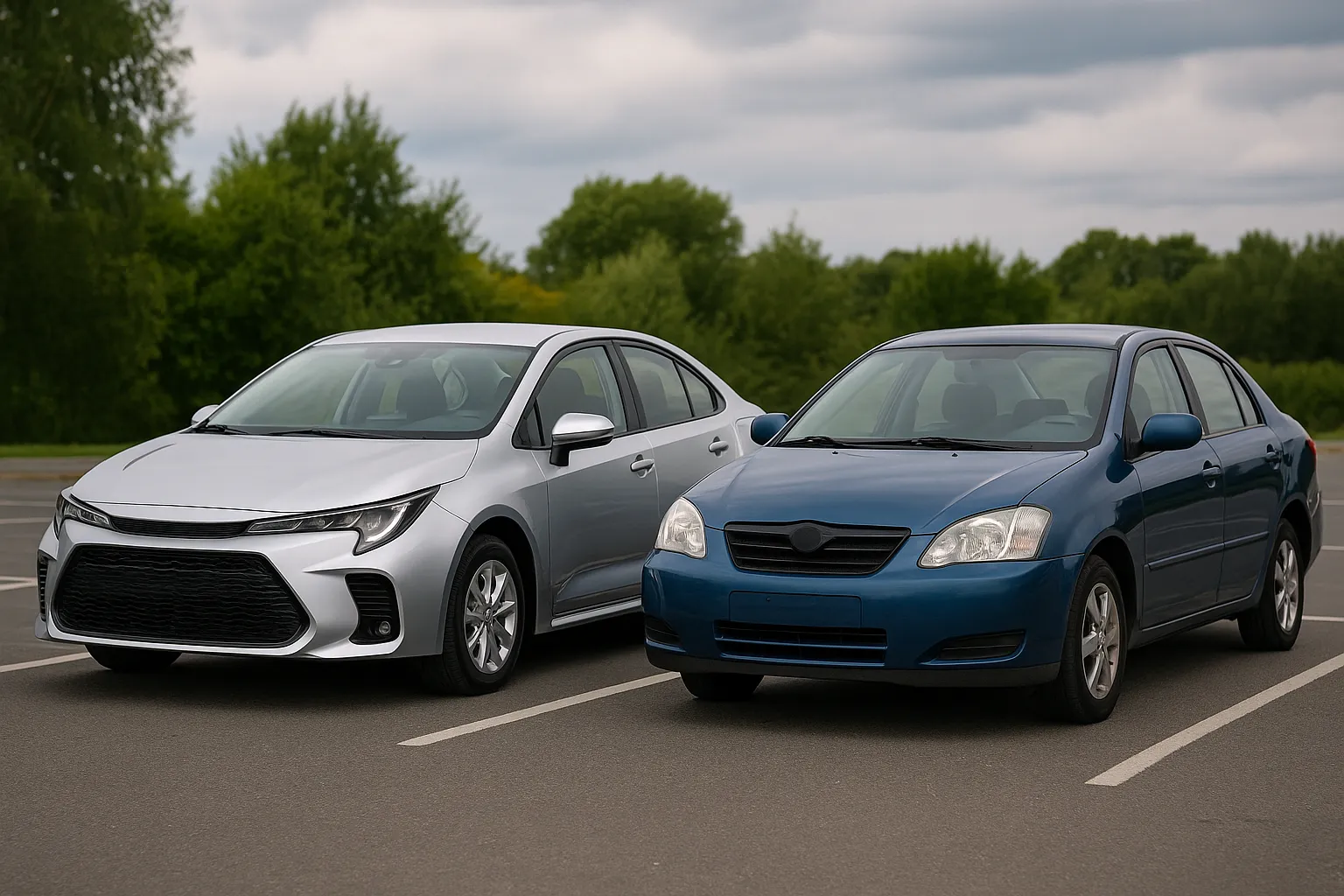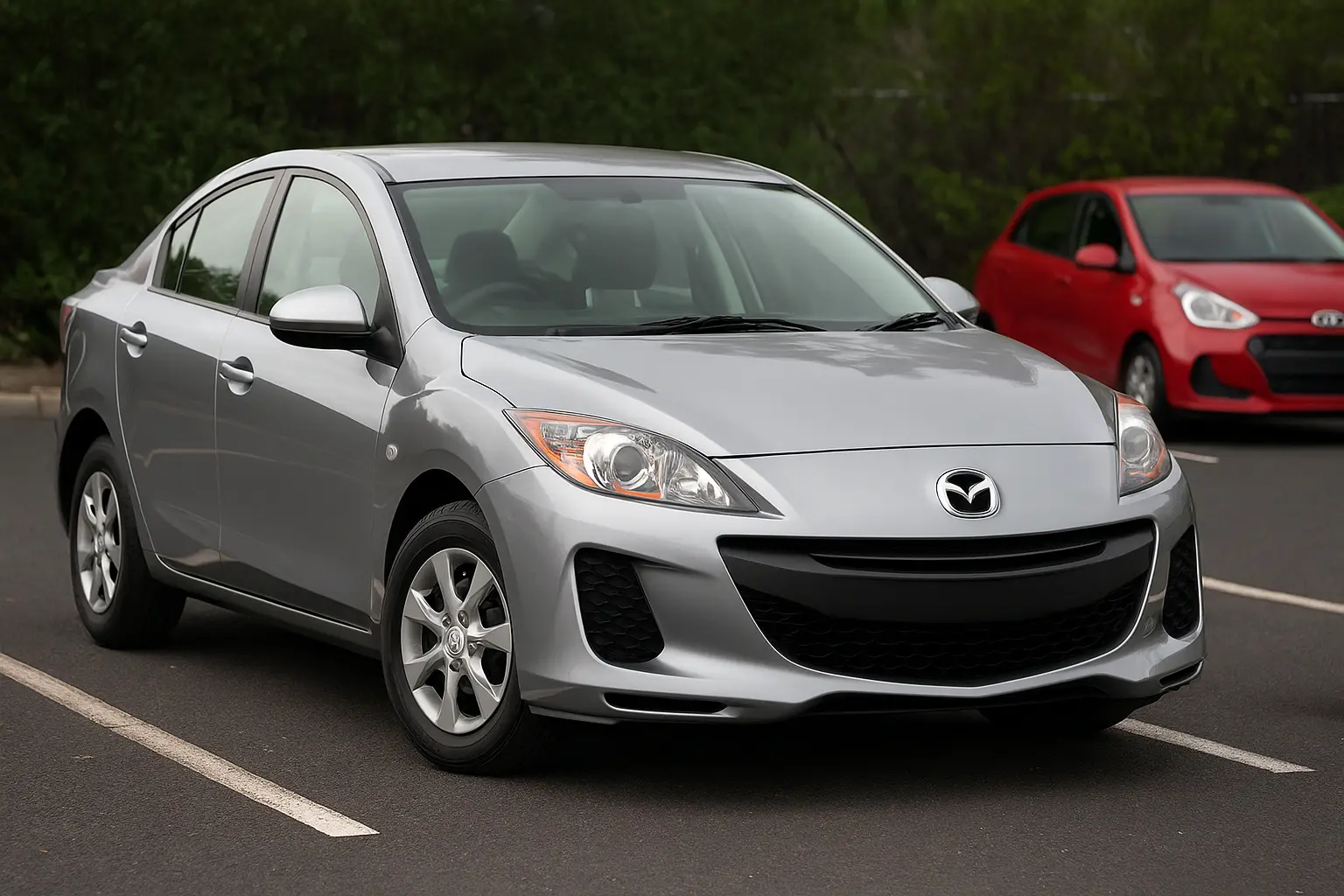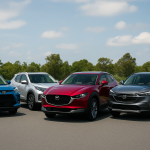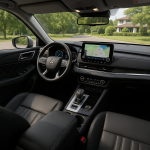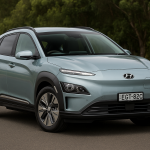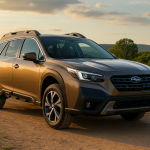Buying a car is one of the biggest financial decisions Aussies make, and in 2025, it’s more complicated than ever. With rising living costs, changing fuel prices, government incentives, and an influx of electric vehicles, many Australian buyers are left wondering: should you go for a brand-new car or opt for a quality used one?
This comprehensive guide explores every angle—costs, ownership, resale value, insurance, tech, and more—to help you determine which route offers the best bang for your buck in 2025.
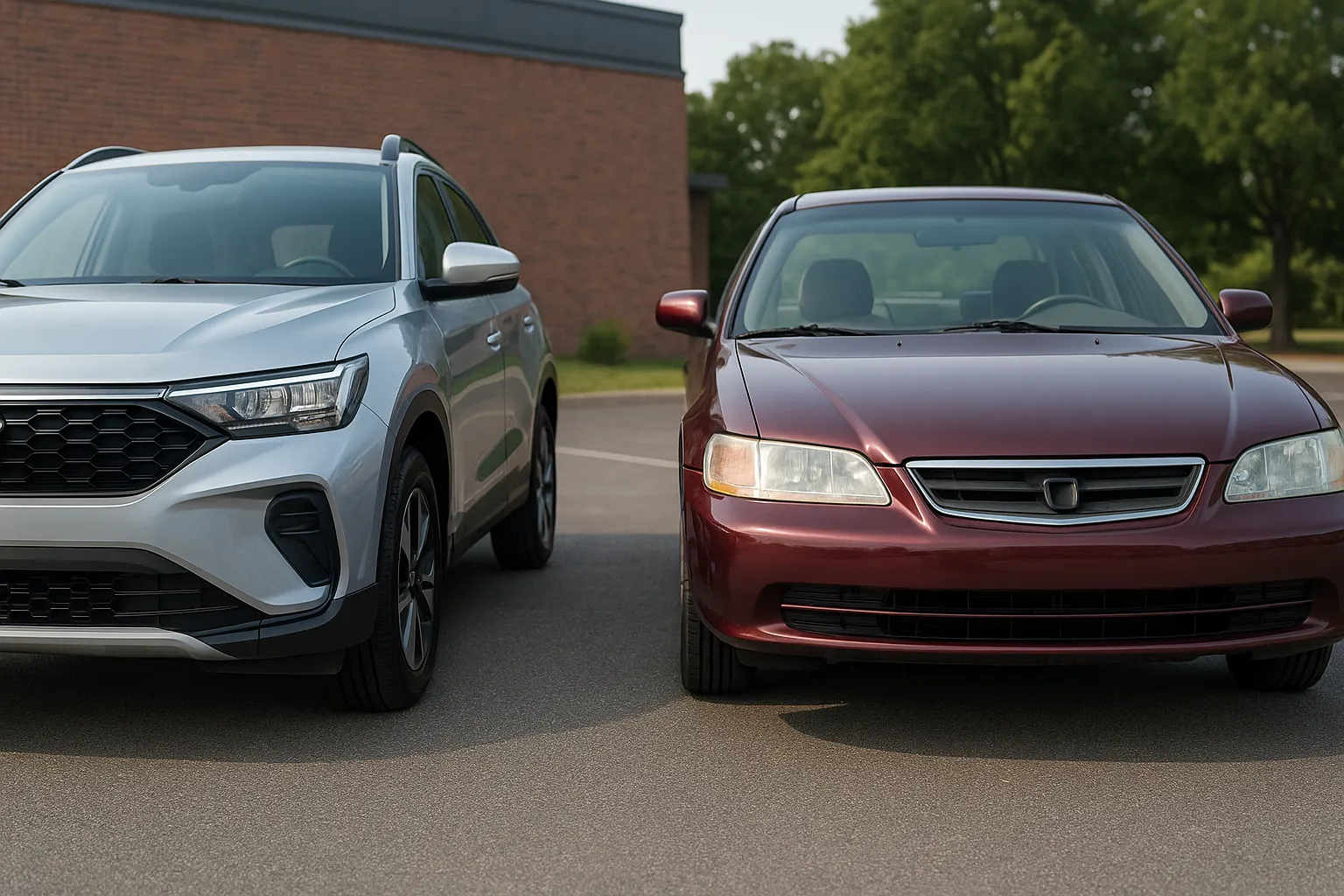
Purchase Price – New vs Used Cars
✅ New Cars: Premium Price for Peace of Mind
New cars come with the latest features, full manufacturer warranty, and zero wear and tear. However, that peace of mind often comes with a steep upfront cost.
- 2025 Toyota Corolla Ascent Sport: from $30,000 drive-away
- 2025 Kia Seltos GT-Line: around $40,000
- EVs like the BYD Dolphin or MG4: start from around $38,000
✅ Used Cars: Major Savings with Some Trade-offs
Used vehicles, especially those 2–5 years old, offer substantial savings. Depreciation has already taken a hit, which works in your favour.
- A 2020 Toyota Corolla: $20,000–$24,000
- A 2019 Kia Seltos Sport+: $24,000–$28,000
- 2022 MG ZS EV: can be found around $28,000
Verdict: Used cars win for upfront savings, but condition and history are key.
Depreciation – The Hidden Cost of Buying New
Depreciation is one of the biggest (and most invisible) costs of car ownership.
🔻 New Cars Drop Fast
New cars lose 20–30% of their value in the first year and up to 50% in three years.
- A $45,000 new car might be worth just $22,000 in 3–4 years.
⬆️ Used Cars Depreciate Slower
A 3-year-old used car has already taken the biggest depreciation hit. Over the next 3–5 years, the drop is much smaller, which means:
- Better resale value
- More bang for your buck
Verdict: Used cars hold better value post-purchase.
Maintenance & Running Costs
🧰 New Cars: Lower Maintenance, But Higher Insurance
- Come with capped-price servicing and long warranties (some up to 7–10 years)
- Require less frequent repairs
- Insurance premiums are higher due to higher replacement value
🔧 Used Cars: Unpredictable Repairs, Lower Insurance
- May need new tyres, brakes, battery or other replacements sooner
- Insurance is often 25–40% cheaper
- Buying a used car still under warranty (like a 2022–2023 model) is a smart way to manage risks
Pro Tip: Always get a pre-purchase inspection for used cars.
Verdict: New cars are lower-maintenance early on, but used cars are cheaper to insure and can be cost-effective if well maintained.
Financing & Loan Terms
💳 New Cars: Easier to Finance
- Lenders offer better interest rates
- Lower risk for banks
- More flexible repayment terms
- Access to dealer finance incentives
💰 Used Cars: Slightly Higher Rates, Less Flexibility
- Harder to finance older models
- Interest rates can be 1–3% higher
- Shorter loan terms
Verdict: New cars win for finance flexibility and affordability on monthly repayments.
Warranty & Consumer Protections
🛡️ New Cars: Full Factory Warranty
- Often 5–7 years, sometimes unlimited km
- Covers all manufacturer faults
- Roadside assistance often included
🔁 Used Cars: Depends on Age & Seller
- Some still covered by balance of factory warranty
- Statutory warranty if sold by a licensed dealer
- Private sales offer no protection, so risk is higher
Verdict: New cars are unbeatable on warranty peace of mind.
Technology & Safety Features
🧑💻 New Cars: Cutting-Edge Tech
2025 models include:
- Wireless Apple CarPlay & Android Auto
- Autonomous emergency braking (AEB)
- Adaptive cruise control
- Lane keep assist
- Parking assist
- Over-the-air (OTA) software updates
🧭 Used Cars: Can Lag Behind
Cars from 2018–2021 may lack:
- Modern infotainment systems
- Advanced driver assist systems (ADAS)
- Smartphone connectivity
Verdict: New cars are far ahead in tech and safety. If those matter to you, the premium may be worth it.
Insurance Costs – A Hidden Ownership Factor
💼 New Cars: Expensive Premiums
- Higher market value = higher premiums
- Costly to repair due to complex parts/sensors
- Often require comprehensive insurance for financing
🧾 Used Cars: Cheaper Premiums
- Easier and cheaper to repair
- Lower theft risk for older models
- You can opt for third-party insurance if not under finance
Verdict: Used cars save you money every year on insurance.
Environmental Considerations
🌱 New Cars: More Efficient, More Eco-Friendly
- New petrol/diesel cars meet stricter Euro 6 or local emissions standards
- Hybrids and EVs more widely available
- Better fuel economy and cleaner engines
♻️ Used Cars: Keeps Resources in Use Longer
- No new production = lower carbon footprint
- Great if you're buying a fuel-efficient model from recent years
Verdict: New cars are greener in daily use, but buying used extends the lifecycle of an existing vehicle.
Resale Value & Long-Term Ownership
📉 New Cars: Bigger Depreciation Curve
You’ll lose more if you resell within 3–5 years.
📊 Used Cars: Slower Value Drop
Buy smart and you could resell with minimal loss—or even break even on some models in high demand (like utes or hybrids).
Verdict: Used cars are often a better value investment for budget-conscious Aussies.
Government Incentives – Especially for EVs
In 2025, some states and territories offer rebates and discounts on registration or stamp duty—mostly on new electric vehicles.
- NSW: Stamp duty exemptions for EVs under $78,000
- QLD: Up to $6,000 rebate on new EVs
- SA, ACT, VIC: Similar schemes
Used EVs are not always eligible, though this may evolve.
Verdict: If you're buying an EV, new cars often win thanks to state incentives.
🏆 Summary Table – New vs Used Cars in Australia 2025
| Feature | New Cars ✅ | Used Cars ✅ |
|---|---|---|
| Upfront Cost | ❌ Higher | ✅ Lower |
| Depreciation | ❌ Rapid decline | ✅ Slower drop |
| Maintenance | ✅ Less repairs early on | ❌ May need more maintenance |
| Warranty | ✅ Full factory coverage | ❌ Limited or none (private sales) |
| Financing | ✅ Lower rates, more offers | ❌ Slightly higher rates |
| Insurance | ❌ More expensive | ✅ More affordable |
| Safety & Tech | ✅ Latest features | ❌ May lack modern tech |
| Environmental Impact | ✅ More fuel-efficient | ✅ No manufacturing footprint |
| Government Incentives | ✅ For EVs | ❌ Limited to none |
| Resale Value | ❌ Big early losses | ✅ Holds value better |
✅ Final Verdict: Which Is Better for You?
Choose a New Car If:
- You want the latest safety & tech
- You’re buying an EV or hybrid
- You want maximum warranty
- You plan to keep it long-term
- You qualify for finance with good rates
Choose a Used Car If:
- Budget is your top priority
- You want lower insurance & ownership costs
- You’re buying a fuel-efficient petrol model
- You don’t need cutting-edge tech
- You’re okay with minor wear & tear
🛠 Tips for Smart Used Car Buying in 2025
- ✅ Always request a PPSR check and service history
- ✅ Get a mechanical inspection
- ✅ Prefer dealer or certified pre-owned when possible
- ✅ Aim for cars still under factory warranty
- ✅ Compare insurance quotes before committing
🔑 Tips for New Car Buyers in 2025
- ✅ Use end-of-financial-year (EOFY) deals to save
- ✅ Look for dealer bonuses and accessories
- ✅ Consider demo models for a discount
- ✅ Check EV incentives in your state
- ✅ Lock in fixed-price servicing where offered
🧾 Conclusion: The Smartest Buy is the One That Fits You
There’s no universal answer in 2025. A brand-new EV may be ideal for tech-savvy Aussies, while a well-maintained used hatchback might be the perfect choice for budget-conscious urban drivers. Whatever you choose, the key is to evaluate your needs, driving habits, financial flexibility, and long-term plans.
Want help finding the best used or new car deals in Australia? Keep browsing carsoop.com.au – where smart Aussie drivers get their car insights.
Leave a comment
Your email address will not be published. Required fields are marked *


